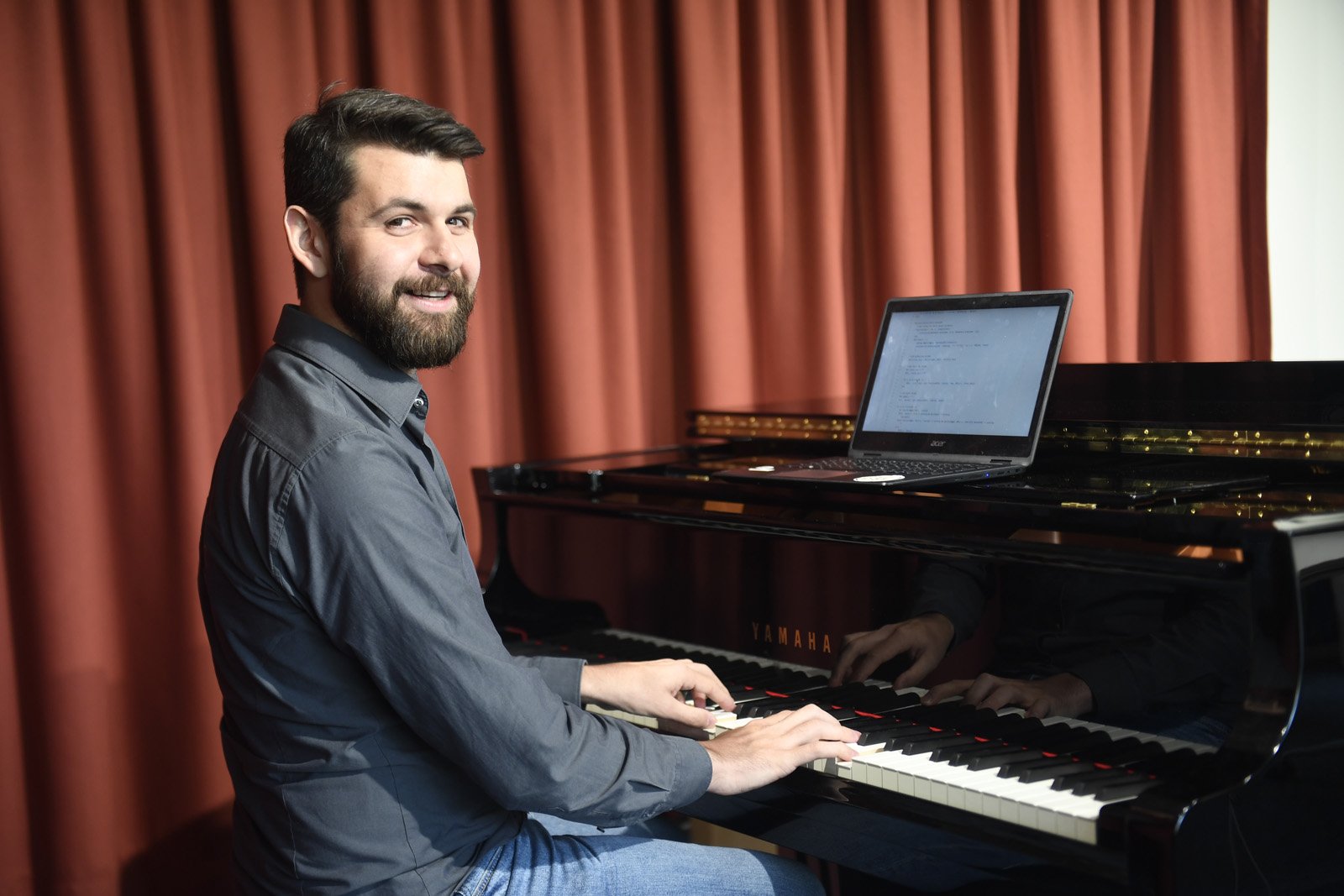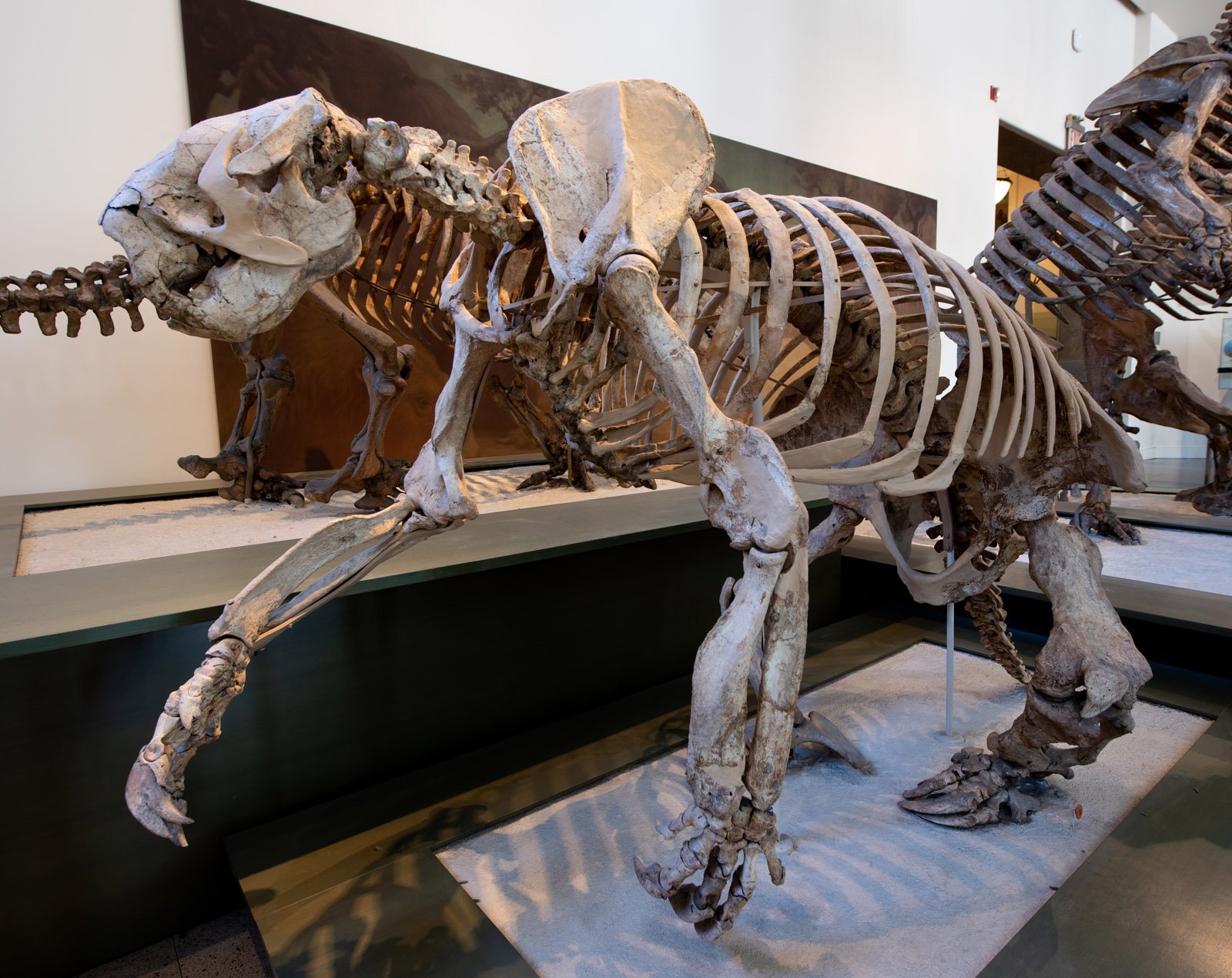Life in Antarctica’s ice mirrors human disease
Using tens of thousands of genes mapped from across the genomes of a group of Antarctic fishes called notothenioids, a team of researchers is now challenging this paradigm, revealing that the massive amount of genetic change required for life in the Antarctic occurred long before the Antarctic cooled. These genetic changes not only have major … Read more









